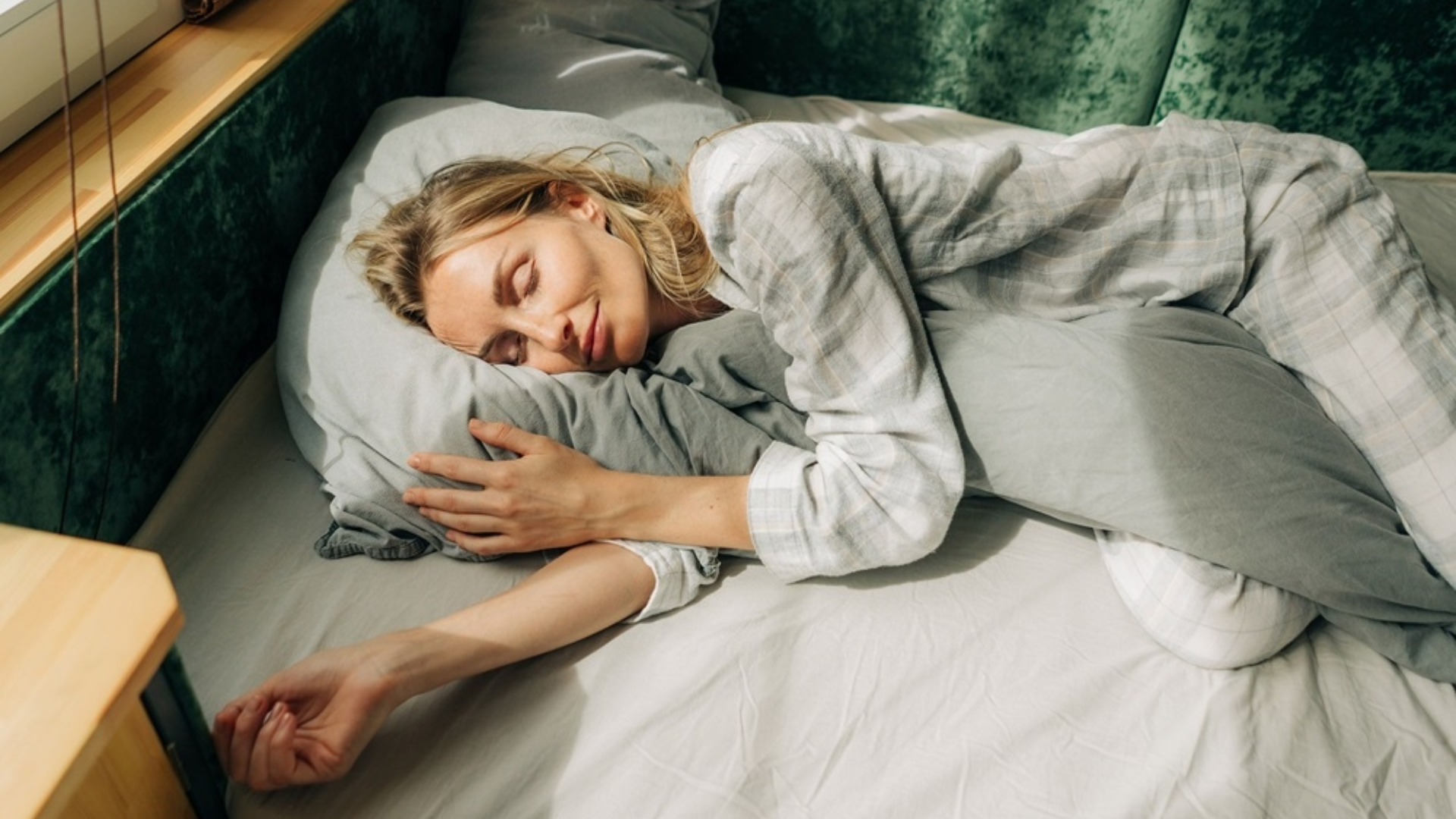Researchers from Stockholm University have uncovered a significant connection between sleep quality and our perception of age, highlighting the impact of sleepiness on how young or old we feel. Their study, published in the journal Proceedings of the Royal Society B, delves into the intricate relationship between sleep and subjective age, shedding light on the potential consequences of insufficient sleep on our overall well-being.
The study, comprising two distinct parts, aimed to explore the correlation between sleep patterns and our sense of age. Initially, a survey involving 429 individuals aged 18 to 70 examined participants’ self-perceived age, frequency of insufficient sleep in the past month, and levels of sleepiness. The results revealed a compelling association: for each night of inadequate sleep experienced in the previous month, individuals reported feeling approximately a quarter of a year older on average.
Building upon these findings, the researchers conducted a more intensive experiment with 186 participants aged 18 to 46. Over two nights, participants were restricted to only four hours of sleep per night, significantly reducing their total sleep duration compared to their usual nine hours in bed each night. The impact was stark: after the sleep-restricted nights, participants reported feeling an average of 4.4 years older than when they had sufficient sleep.
Moreover, the study unveiled a direct link between the degree of sleepiness and subjective age. Participants who felt extremely alert tended to perceive themselves as about four years younger than their actual age, whereas those experiencing extreme sleepiness reported feeling approximately six years older than their chronological age. This assessment was gauged using the Karolinska Sleepiness Scale, a recognized tool for evaluating subjective sleepiness levels.
“These findings provide compelling support for insufficient sleep and sleepiness to exert a substantial influence on how old we feel, and that safeguarding sleep is probably a key factor in feeling young,” remarked one of the researchers involved in the study.
The implications of these discoveries are profound, emphasizing the critical role of adequate sleep in maintaining a youthful mindset. Prioritizing quality sleep not only impacts our perception of age but also has broader implications for our overall health and well-being.
“Taking care of our sleep is essential for maintaining a youthful feeling, which in turn, may promote a more active lifestyle and encourage behaviors that contribute to our health,” the researcher emphasized. The study underscores the importance of incorporating healthy sleep habits into our daily routines to support physical, mental, and emotional well-being, ultimately contributing to a more vibrant and fulfilling life.

















